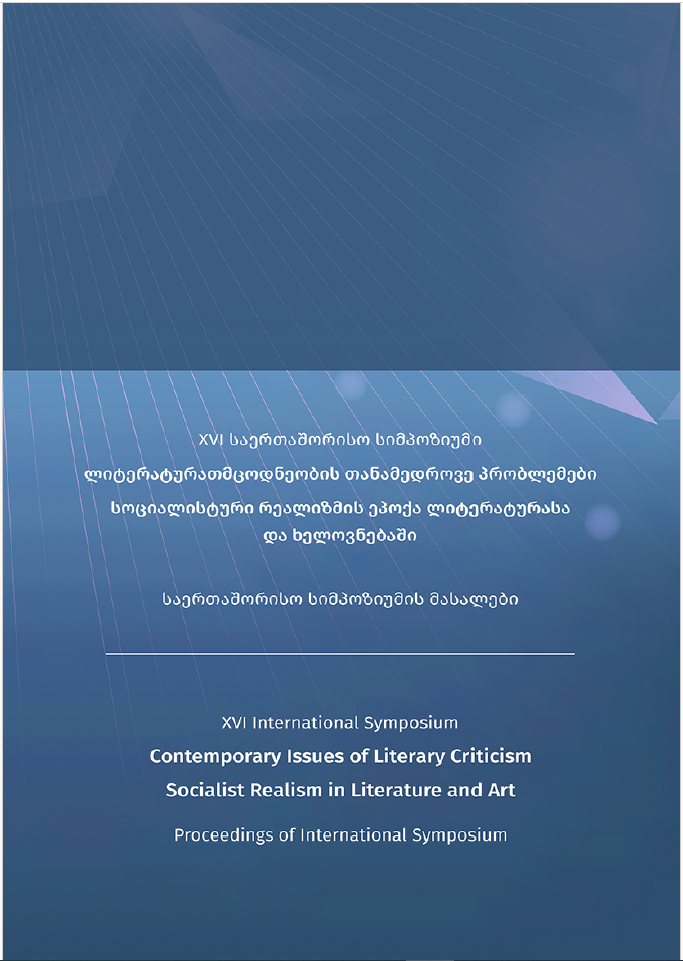Scientific Conformism and Ideological Conjuncture in Georgian Historical Studies of the Stalin Era
Published 2023-12-11
Keywords
- historical science,
- ideology,
- conformism,
- party conjuncture,
- Stalinist era
Abstract
Immediately after the occupation of Georgia by Soviet Russia, Georgian historical science began to be ideologized.
The subjection of History to the party requirements in Russia was entrusted to the Socialist Academy of Social Sciences created in 1918 under the leadership of Lenin, and in 1921 the "Red Professor's Institute" was created for the same purpose.
The establishment of historical-party science also began in Georgia, which was promoted by special party schools, and the Institute of Marxism-Leninism was established by the resolution of the Central Committee of the Communist Party on November 12, 1930.
The institute was opened on March 10, 1931. In his speech, Filipe Makharadze named the struggle against the anti-Marxist worldview as the goal of the institute.
Georgian Soviet historiography began to act in three directions: 1. Marxism as the main ideological base of scientific studies; 2. The theory of class struggle and 3. Stalin's theory about the origin of nations and states.
The Georgian historian should submit to the ideological conjuncture, that is, choose scientific conformism, or resist. In this case, he could not avoided repressions.
The patterns of scientific conformism in Soviet historiography are so great that it damaged the deve-lopment process of historiography, falsified and exaggerated reality, many historical facts were distorted.

